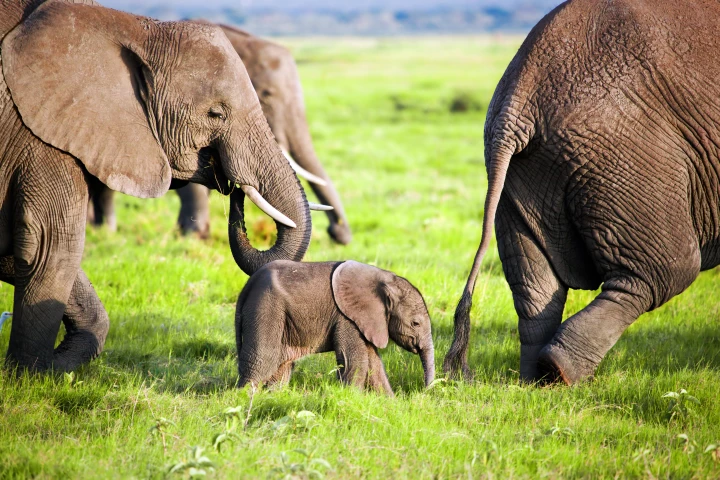WWF
-
A healthy frog has been spotted with a mushroom growing out its side, the first time such a growth on live animal tissue has been seen. Not surprisingly, it stunned scientists (and had us wondering if this is how a real-life The Last of Us begins).
-
From monitoring a deadly disease in endangered Tasmanian devils in real time, to tracking wildlife recovery after devastating bushfires that claimed the lives of up to three billion animals, AI has the potential to change the world for good.
-
In what is described as the first thorough study to track natural forest expansion, researchers have found that nearly 59 million hectares of forest has naturally regrown since 2000, an area larger than mainland France.
-
Drawing on extensive analysis of species populations around the world, a new report from the WWF reveals an average decline of 68 percent in vertebrate species numbers between 1970 and 2016, a decline the authors describe as "catastrophic."
-
The World Wildlife Fund (WWF) has released its latest Living Planet Report, an assessment of the health of our planet, and paints a rather grim picture of the damage caused by humanity’s growing footprint on Earth.
-
For the first time ever, scientists have managed to slap a camera onto the back of a minke whale as it swam through the icy waters of Antarctica, surprising researchers with its speed and a seemingly voracious appetite.
-
By 2020, global wildlife populations could drop by as much as two-thirds as a result of human activity, according to a new report from the WWF. Indeed, the report suggests the period in which humans have been the dominant species on Earth could be viewed as the world's sixth mass extinction event.
-
The World Wide Fund for Nature has teamed up with German advertising agency Jung von Matt to develop a digital document format that prevents users from sending docs to the printer.
-
The WWF has released a report which details more than 350 new species scientists have discovered in the eastern Himalayas over the past decade, including the world's smallest deer.








